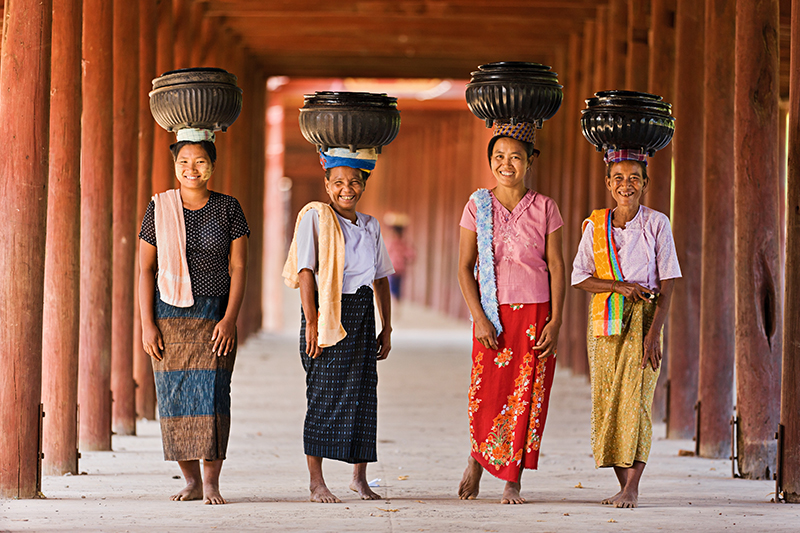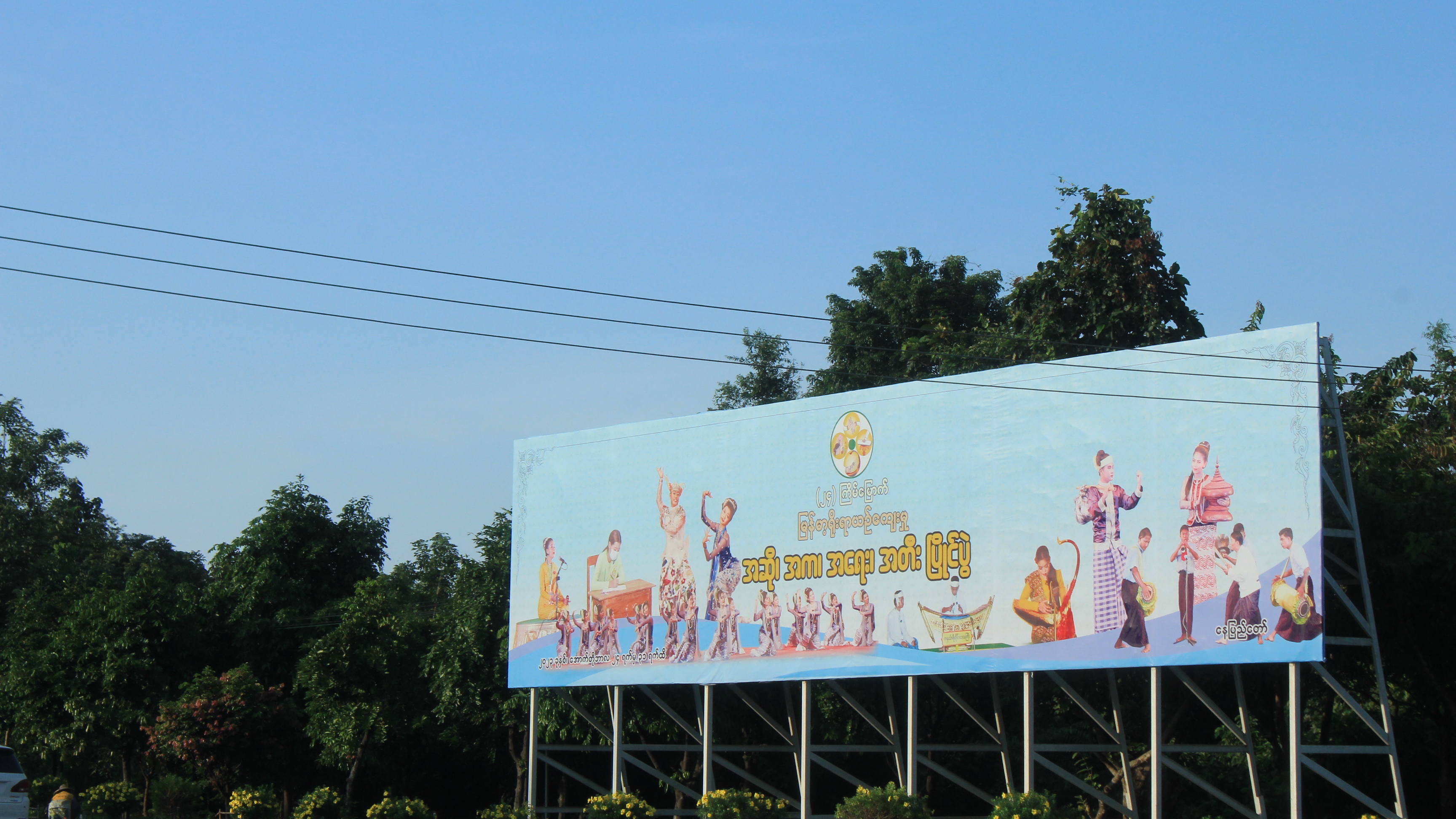CNI Article
By- Chit Min Tun
12 June 2025
Article 3 of the 2008 Constitution, entitled "The Fundamental Principles of the State," stipulates that the State is where multi-National races collectively reside.
We need to examine how the meaning of ethnicity is defined. As far as we can see, ethnic groups are defined as the people who originally lived in a region (or territory) (or country) before the colonial era or other migrations.
Ethnic groups are people who have historically lived in a territory (or country) (or region) for many years and have their own history, culture, territory, language and literature, and traditions. Race is defined by skin color, physical characteristics, culture, and nationality.
For example: Chinese, Indian, Burmese, American, In this way, an ethnic group in a country can claim the right to own territory, a race has very little right to claim the right to own territory. (For example, Shan/Kachin/Kayah/Mon/Karen/Chin/Rakhine/Burman can claim secession/statehood based on their right to own land, while Chinese, Indians, Muslims, and Gorkhas do not have the right to own territory, and if they do, they may be severely suppressed.)
However, the definition of ethnic is both very subtle and broad, so it is necessary to exactly clarify the definition of ethnic in Myanmar because Myanmar is said to be made up of eight major ethnic groups( namely Kachin, Kayah, Mon, Burmese, Rakhine, Shan, Karen, and Chin) and other over 100 ethnic groups, totaling 135 ethnic groups:

If that is the case, then all 135 ethnic groups should have equal rights, and no one group should have more rights. There is still another issue that needs to be clarified in Myanmar.
That is the question of whether the Bamar are ethnicity or nationality. Although it is generally understood that the Bamar are considered ethnic, why do Bamar people refer to non-Bamar people as ethnic when they speak/discuss with other ethnic groups?
Similarly, when non-Burmans talk/discuss with Burmans, why don't they refer to the Bamar as an ethnic group? Non-Bamars have accused the Bamar of practicing Chauvinism while the Bamar have also accused non-Bamars of discriminating against and excluding them, even though the Bamar do not practice Chauvinism.
However, Myanmar is a country where multi-ethnic groups live and were established by bringing together all these ethnic groups, so everyone should be equal. However, because of the rulers of the country and the provisions of the 2008 Constitution, divisions and disunity are taking place among the ethnic groups.

For example, Article 450 of the 2008 Constitution stipulates that Burmese is the official language, and Article 22 (a) stipulates that the state will help develop the language, literature, art, and culture of ethnic groups. According to these two provisions, which one is the Myanmarsar language and which nationality is the Bamar? Since the Myanmar language and literature are the language and literature of the Bamar people, is Myanmar called Bamar? is Myanmar language the Bamar's language?
Then, in relation to the provision of Article 22 (a), does it mean that Myanmar (or Bamar) is not an ethnic group? Does Myanmar (or Bamar) exist above ethnic groups including Shan/Karen/Mon/Rakhine/Kachin/Chin/Kayah? Was the country of Myanmar today founded by a single ethnic group, the Myanmar (or Bamar)?
“Since Myanmar is a Union State, it is necessary to ensure that the official language and literature established by the State are mastered nationwide,” said Senior General Min Aung Hlaing during a meeting with leaders of the National Democratic Alliance Army (NDAA) on May 25, 2025.

Similarly, efforts are being made to end the civil war that has raged for over 70 years in Myanmar and the national-level political dialogues under the Nationwide Ceasefire Agreement (NCA) were held by the non-Bamar ethnic groups, but Bamar ethnic group did not participate in the dialogues.
Why do the Bamar ethnic group hold the national level political dialogues? No one clearly explains why. In the singing, acting, writing, and musical instrument playing competition that are often held in Myanmar, competitions are conducted with Bamar songs, Bamar dance and Bamar traditional orchestra. But there are no such competitions for other ethnic groups.
In this case, I think it is necessary to consider whether the accusations made by non-Burman ethnic groups that the Burman people are practicing Chauvinism are true or false. Finally, if we are to build a democratic, federal Union in Myanmar, I think it is important to have a clear definition of Myanmar (or Bamar) and ethnic groups.
Otherwise, just as the Soviet Union collapsed due to confusion between democracy and federalism, Myanmar should be aware that the confusion between the definition of Myanmar (or Bamar) and ethnicity could lead to the subsequent collapse of the country following a civil war.




